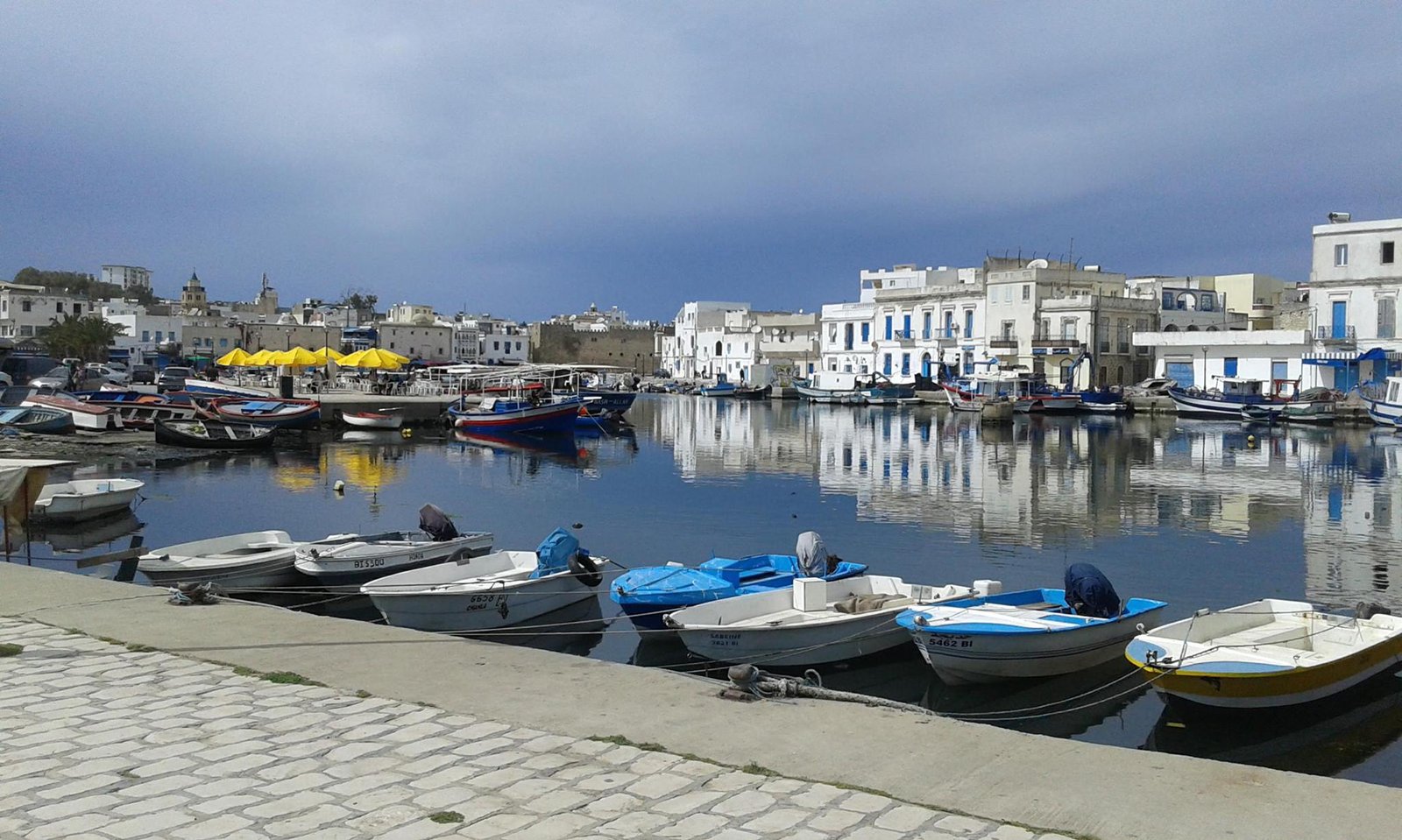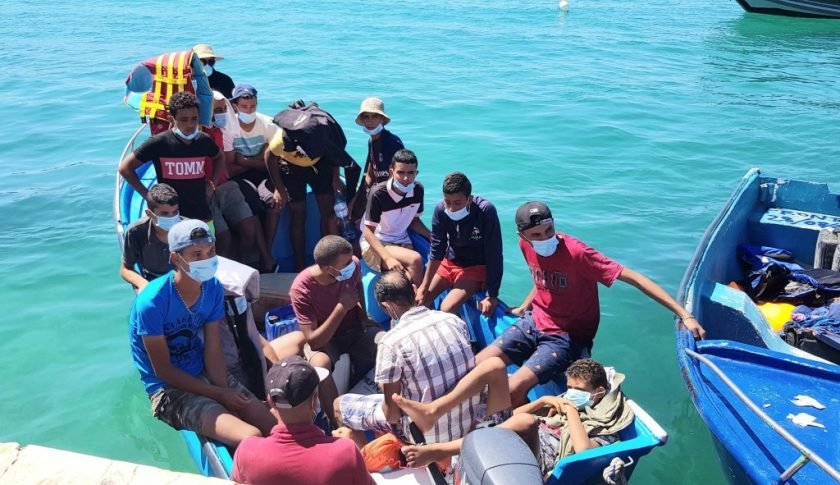Tunisia today celebrates the 62nd anniversary of Evacuation Day the date in 1963 when the last French soldier left the naval base at Bizerte. The anniversary was hard-won; it was the bitter fruit of a decades-long struggle, the last page in a national liberation struggle initiated early in the 20th century, came to the dawn of independence in 1956, and was only finally achieved seven years later.
The Bizerte saga is a story of stubborn determination. It started with the July 1961 armed conflict, when a national army, complemented by citizen volunteers, would not give in to a colonial authority. It was rather more than a confrontation; it was an assertive expression of the will of a people, a bloody introduction to diplomatic negotiations that would eventually see the full liberation of Tunisian soil.
As we commemorate the formal ceremonies and the memory of the resistants and martyrs, we must strain past the record and extract the abiding lessons that this day teaches to the present and the future.
The first is the lesson of sovereignty. Evacuation Day is the very symbol of a sovereign Tunisian will. It is the day when the nation’s decisions became its own, free from foreign domination. This lesson is timely today. In a complex world of geopolitics tension and economic interdependence, safeguarding national sovereignty requires constant vigilance, wise diplomacy, and creative, independent institutions. Our grandparents’ and parents’ fight for sovereignty is not one to be retreated into but a constant imperative that has to be fought for on an ongoing basis.
Second, the lesson of sacrifice. The struggle of Bizerte reminds us that freedom comes at a cost and is paid in blood and battle currency. The war veterans and the martyrs’ families bear witness to the price paid in flesh and blood. Their sacrifice is what binds the next generation to be good custodians of freedom. It is a call to move beyond taking our independence as a foregone conclusion and to be on the matter of the continuous, sometimes difficult, work of nation-building.
Third, the lesson of perseverance. The path from the initial demands for independence in 1956 to the final evacuation in 1963 demonstrates that national goals often require sustained commitment. The first triumph was not the end but a milestone. The battle raged on, shifting between political negotiations, armed resistance, and back again to diplomacy, until the final goal was achieved. This is a lesson that the greatest national undertakings—economic change, social justice, or democratic consolidation—require the very same unbending perseverance and tactical self-control.
Finally, and perhaps most importantly of all for the present, is the lesson of solidarity. The picture of the ordinary soldier fighting in company with units of civilian militia in Bizerte is a strong one. It is that of common purpose prevailing over all other distinctions. When a country comes together for a shared, righteous cause, it is its strength multiplied many times over.
Evacuation Day is not a memory; it is a mirror. It challenges us to ask if we are keeping the sovereignty for which they died, if we are defending their sacrifice in our own sacrifices as citizens, and if we can discover even a percentage of the unity and determination they exemplified to meet the challenges of the day. The real honor for Bizerte’s heroes is not in the rituals we perform, but in the rich, just, sovereign Tunisia we construct in their honor. The labor of freedom, as it happens, is a continuing legacy.
TunisianMonitorOnline (BRC)




